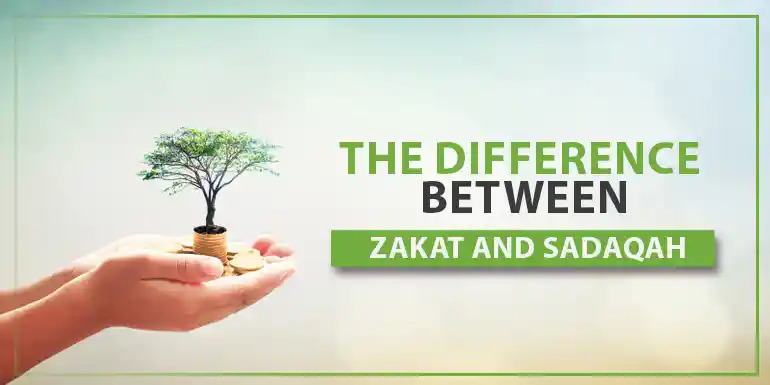Zakat and Sadaqah are two fundamental concepts in Islam related to charity, but they have distinct differences.
Zakat is one of the Five Pillars of Islam, making it a mandatory act of worship. It is a specific form of almsgiving that is obligatory for eligible Muslims. Zakat is calculated as a fixed percentage, typically 2.5%, of one’s accumulated wealth and assets, such as savings, gold, and business inventory, that has been held for one lunar year. The purpose of Zakat is to purify wealth and assist those in need, thereby reducing economic inequality. It is intended to be distributed to designated categories of beneficiaries, including the poor, the needy, and those in debt, among others as outlined in Islamic law.
Sadaqah, on the other hand, is a voluntary act of charity. Unlike Zakat, it is not obligatory and does not follow a fixed percentage. Sadaqah can be given at any time and in any amount, according to an individual’s capacity and willingness. It includes any act of kindness or generosity, whether it’s money, food, or even non-material help such as offering support or a kind word. Sadaqah is encouraged to be given frequently and can be directed to anyone in need, without the restrictions that apply to Zakat.
In summary, while Zakat is a compulsory, regulated form of charity aimed at wealth purification and social equity, Sadaqah is a voluntary, flexible act of generosity that can be given anytime, to anyone. Both practices play essential roles in fostering a compassionate and supportive community.


Leave A Comment